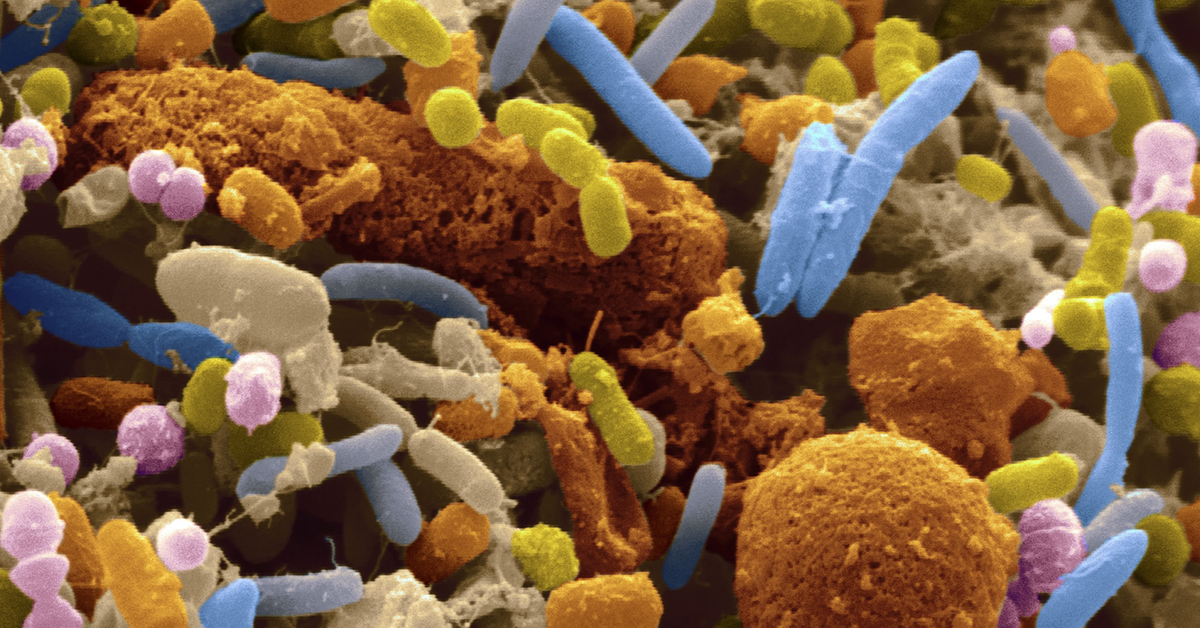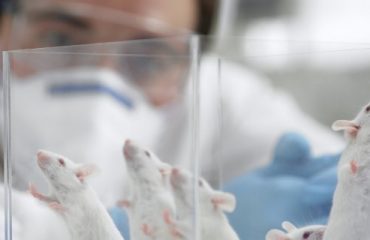How many of us have gone from one diet to the next in the hopes of losing weight to no avail while friends and family seem to drop the pounds without much ado? Researchers from the Mayo Clinic suspect it may be due to gut bacteria.
Gut bacteria or microbiomes are a complex ecosystem of microorganisms that live in the digestive tracts of human beings and other animals, including insects. We have a whole population of these friendly parasites, which help with a whole variety of functions, including defense against infection, the absorption and metabolism of food and maintenance of proper bowel function. (The reason antibiotics can cause debilitating diarrhea is because we kill off too many of these helpful bacteria.) For the most part, the microbiome is a vital part of health– except when we are trying to lose weight.
A study, published in the journal Mayo Clinic Proceedings found that the gut bacteria that make it easier to metabolize carbohydrates play a role in weight loss. Investigators sampled stool from 26 individuals between 18 and 65 years of age, who signed up for the Mayo Clinic Obesity Treatment Research program between August and September 2013. Researchers defined successful weight loss “as a participant shedding at least 5 percent of baseline weight after following the regime for three months.” However, tests on the stool samples revealed that those who failed to lose at least 5 percent of their weight had different types of bacteria than those who found it easier. A bacterium called phascolarctobacterium was associated with weight loss, while the bacterium dialister was found in the guts of those who didn’t lose the weight.
In a Newsweek article, Dr. Purna Kashyap, co-author of the study and a gastroenterologist at the Mayo Clinic, emphasized that the “rules of weight loss plans may need tweaking based on an individual’s gut bacteria, or that the makeup of the person’s gut bacteria should be changed before a plan is adopted.”
Dr. Kashyap further told Newsweek, “The potential use (of this study) is to develop personalized strategies for weight loss based on an individual’s gut bacterial makeup rather than using a one-size-fits-all approach. The good part is, unlike our genes we can in fact manipulate the gut bacteria by using probiotics and diet.”
In short, a weight loss and exercise program might not yield the results you anticipate because your gut microbiome is not cooperating! And, in order to be successful in shedding the pounds you seek, its composition needs to be tweaked before customizing an effective diet. Further research by the Mayo Clinic team or others should be undertaken to see if the same results can be replicated in a significantly wider population.
Our gut microbiomes are infinitely more complex than we realize—impacting everything from obesity and weight loss to heart disease and even cancer. The key to good health may well and truly lie within our guts and not just our DNA.
Strategic Communications Professional/Content Strategist/Marketing Communications Consultant




